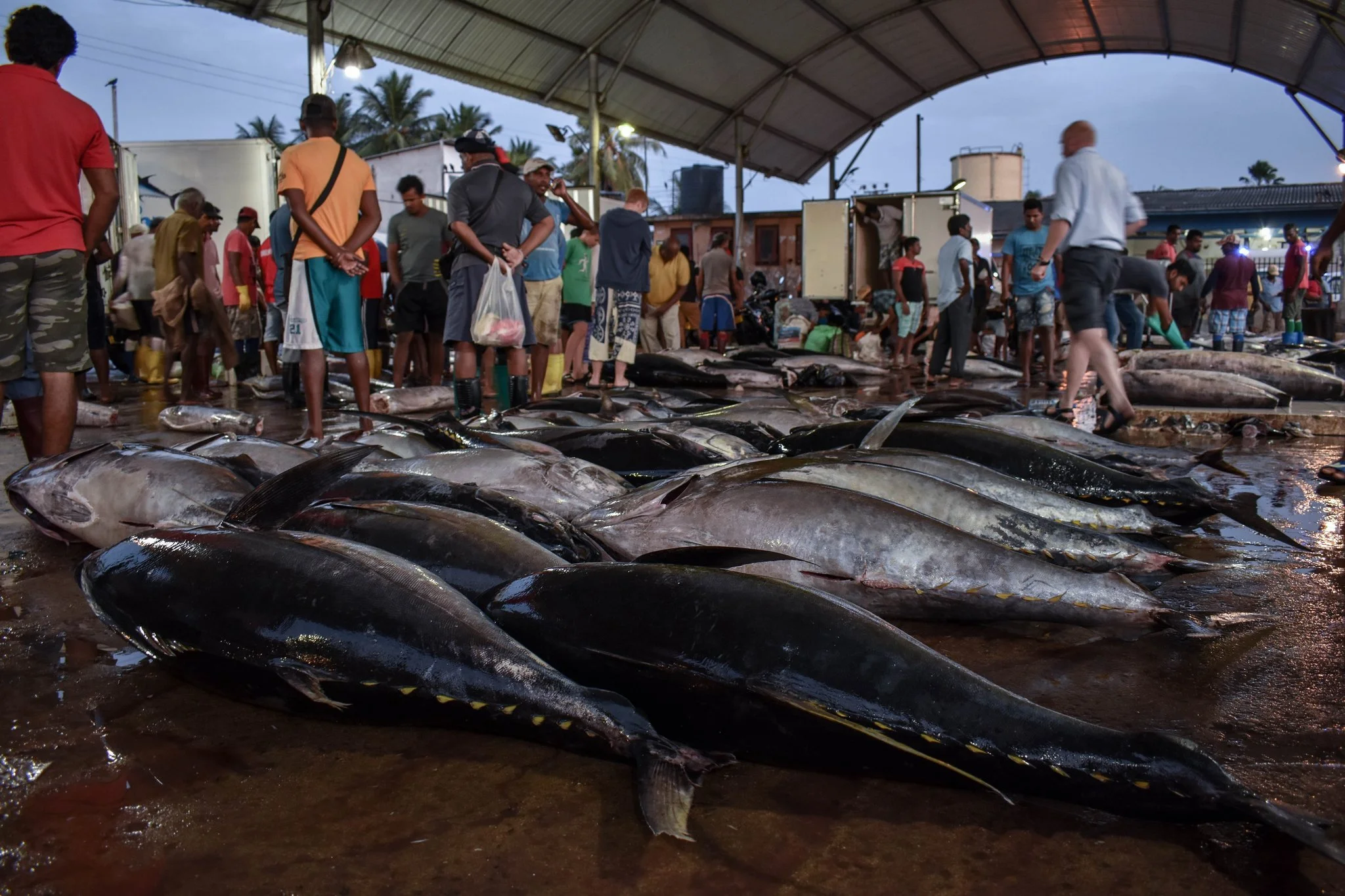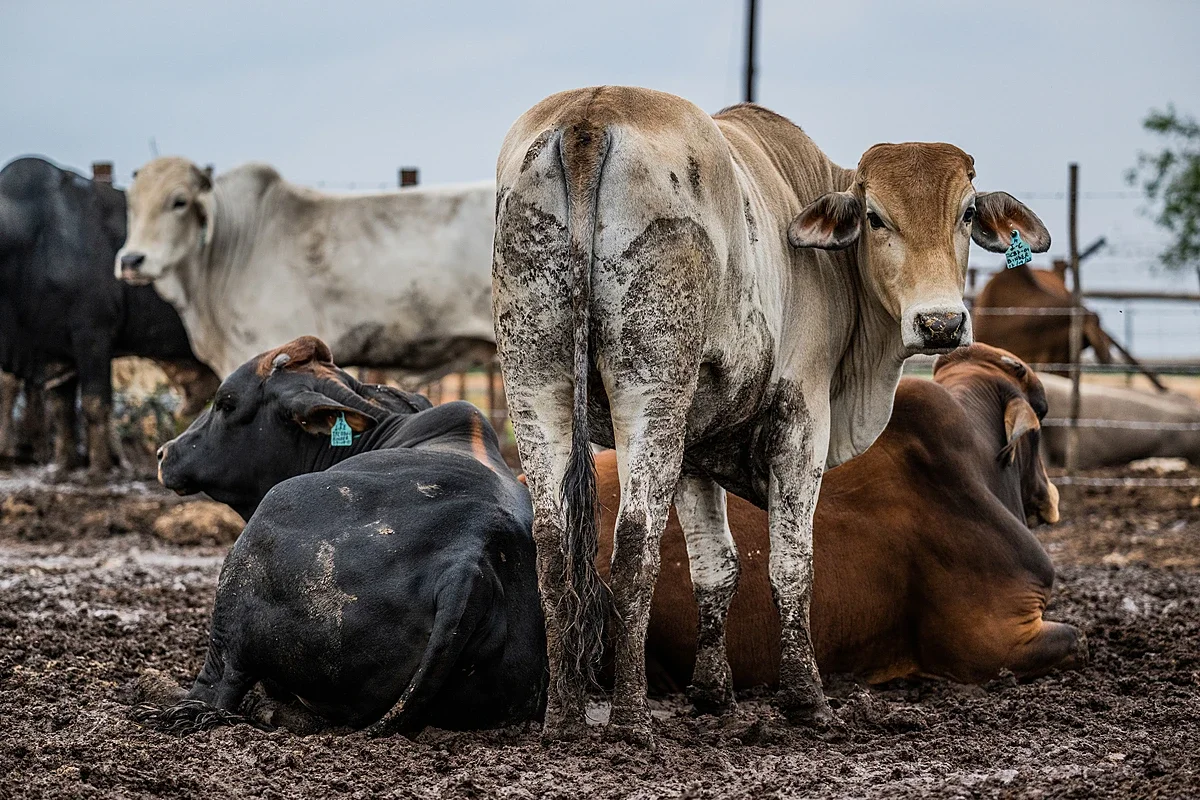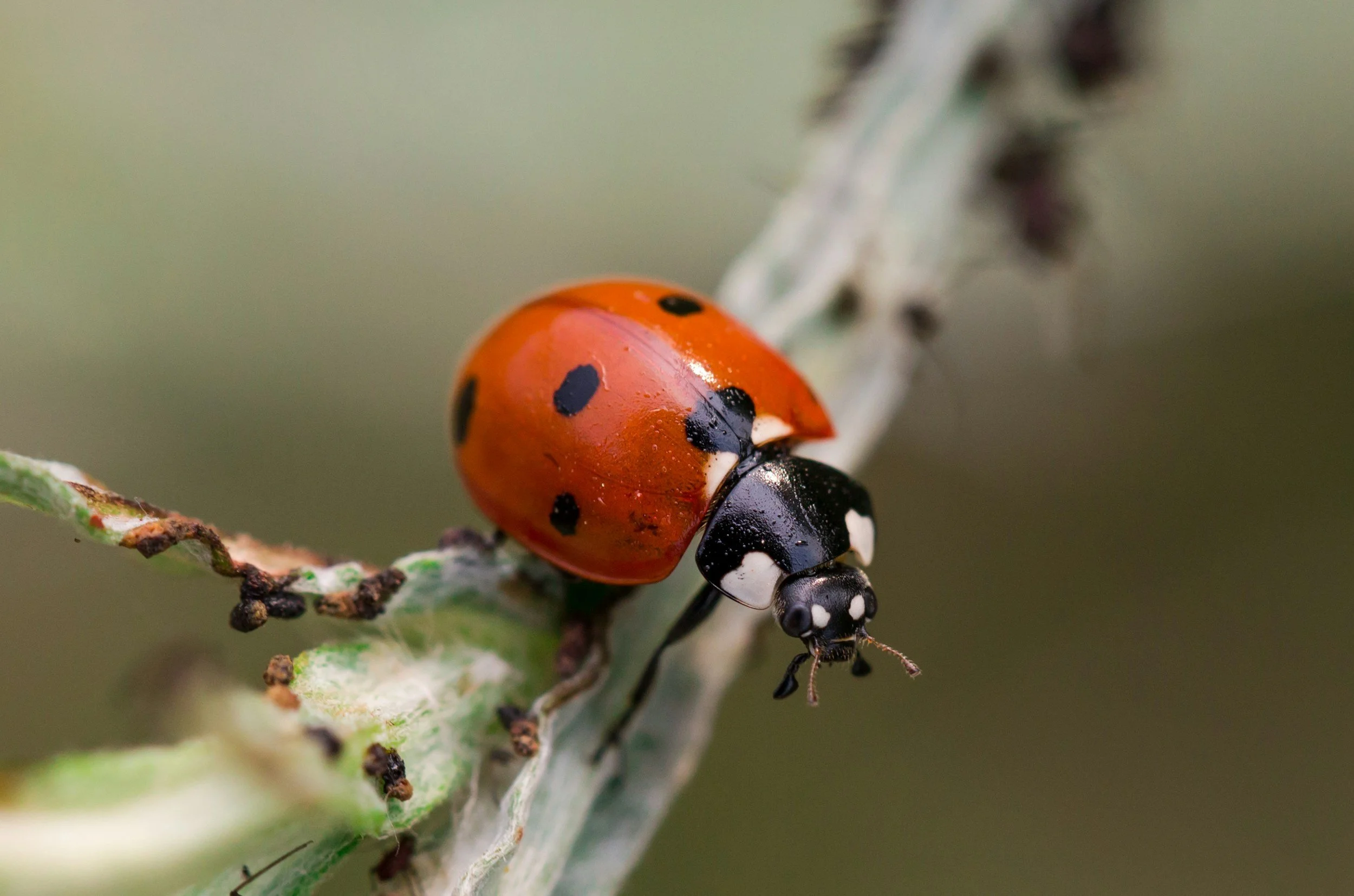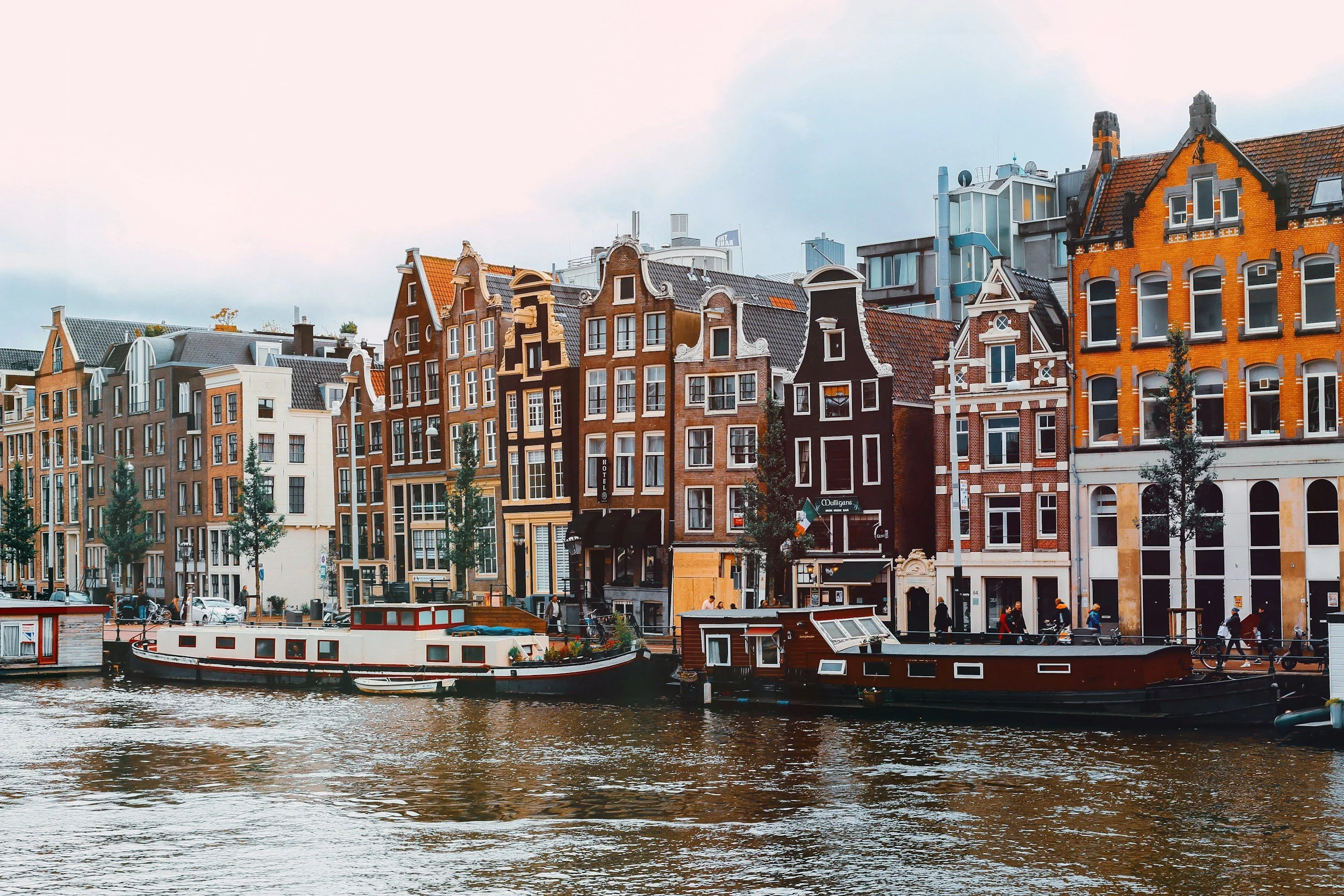Suffocation and souvenirs: what exactly is tuna tourism?
The majority of fish species are being caught faster than they can reproduce; of the more than 500 fishing zones the United Nations (UN) Food & Agriculture Organization monitors across the planet, more than a third are severely depleted. When we look at predatory species like cod and tuna, the situation gets worse: according to the UN upwards of 90% have already been taken from our oceans. With wild fish populations plummeting across the planet, our seas now seem more lifeless than ever before.
Enter Balfegó, a commercial tuna fishery/family attraction located on the shores of Spain’s Tarragona province. The bulk of Balfegó’s income comes from their farming of bluefin tuna, but in recent years they’ve expanded into aquaculture tourism. Many environmental activists have expressed fear this industry has the potential to grow, with a similar market appeal as whale watching or shark diving.
Aquaculture tourism is a small but growing industry niche in which companies owning factory farms allow people to visit their locations for an experience with the fish — this can mean swimming with tuna, like in the case of Balfegó, but can also include simple tours around the facilities or opportunities to catch and kill the animals yourself.
Credit: Moving Animals
Swimming with the fishes
Factory farming tuna comes with a great deal of ethical concerns. Bluefins in particular can grow to 13 feet and weigh in the ballpark of 2,000 pounds, are able to reach speeds of 50mph, and need to continually swim in order to keep a constant flow of oxygenated water pushed through their breathing system. They are highly migratory fish with the ability to travel 8,000km across oceans during their lives — understandably, cramped marine pens are far from their ideal living situation.
Bluefins can expect to live in such pens, known as ‘ranches’, for roughly six months as they fatten for slaughter. Around 500 fish are forced into a ranch together. “Hauling fish like tuna from their ocean home and confining them in overcrowded pens is sickening,” says PETA’s Vice President of Vegan Corporate Projects, Dawn Carr.
The wider effects of aquaculture on ecosystems are not negligible, either. They are a regular source of water pollution with ranches releasing almost 2,000 tonnes of nitrogen every year; nitrogen acts as a spark to enflame dangerous algal blooms, which suffocate life. Moreover, 20kg of smaller fish like sardines are required to produce only 1kg of tuna meat.
“Hauling fish like tuna from their ocean home and confining them in overcrowded pens is sickening.”
A Balfegó spokesperson claimed the aim of these tours is to provide education about the reality of fish farming (and certainly nothing to do with the almost $50 price tag per head and ability to ethics-wash your industry).
“Balfegó’s claim that their main motivation is education is laughable. Turning the confinement of distressed fish into a tawdry attraction for profit teaches tourists far more about Balfego’s lack of regard for the fish they kill than it does about the fish themselves. Forcing animals into unnaturally close proximity to humans is always a bad idea,” explains Carr.
Balfegó offers further justification by explaining they’re simply offering people the opportunity to swim with fish that are now rarer to see in the wild. Of course, there’s no mention of the fact that the aquaculture industry is partially to blame for this severe lack of sea wildlife. This manufactured demand plays perfectly into the hands of the companies running the factory farms — they can cause the issue and offer the solution all in one, a clear-cut case of hero syndrome and faux environmental concern as they continue to line their pockets and ravage our seas.
From North American to Europe, there’s no longer plenty of fish in the sea — but there are plenty of fish farm tours
In Alaska, wild fish populations — particularly salmon — are decreasing yearly from a mixture of climate change and harmful industrial fishing practices. One of the places worst hit by fish declines is the Yukon River, the state’s biggest watershed. A 2024 global study by the World Fish Migration Foundation found an 81% decline in migratory freshwater fish populations between 1970 and 2020.
These declines seem guaranteed to continue due to a lack of any real action taken by the government, meaning for many the only opportunity to see ‘wild’ salmon in the future may be on the Anchorage Salmon Express tour — a tour of North America’s largest sport fish hatchery.
‘Like all fish raised for their flesh, salmon are denied everything that’s natural and important to them, including the opportunity to satisfy their desire to migrate upstream each year. These animals belong in their natural habitat — not on a plate,’ says Carr.
Credit: MovingAnimals
“Like all fish raised for their flesh, salmon are denied everything that’s natural and important to them, including the opportunity to satisfy their desire to migrate upstream each year. These animals belong in their natural habitat — not on a plate.”
Just keep swimming
Wherever large shoals of fish roam it seems humanity more often than not designates our dinner plates as their migration endpoint. But there is an easy fix to this. As crazy as it sounds, we could just leave them in the sea. No one needs to eat tuna — particularly when it’s full of dangerous methylmercury — the most abundant form of mercury found in large predatory fish. Mercury is a neurotoxin, especially dangerous for the formation and development of the brain that happens in fetal life and in childhood, severely affecting cognition, memory, attention, language, fine motor skills, and spatial vision if consumed too often.
A recent report from Foodwatch, a consumer-rights organization,, and the N.G.O Bloom analyzed nearly 150 cans of tuna from five European countries: 57% exceeded the strictest maximum mercury limit defined for fish in the European Union (0.3 mg/kg). Every single tin contained at least some level of mercury. To quote from the report, ‘all tins exceeding the 0.3 mg/kg limit should be banned from sale’.
Furthermore, an investigation spanning more than a year by Bloom revealed that since the 1970s the powerful tuna lobby, in conjunction with political bodies happy to accept bribes, knowingly chose to favor the economic interests of industrial tuna fishing to the detriment of public health — going so far as to have been allowed to set “acceptable” mercury thresholds three times higher for tuna than for any other fish without there being the slightest health justification for that difference.
“Thankfully, brands like Squeaky Bean and Future Farm produce excellent vegan tuna products that delivery the taste of the sea without the toxic dose of chemicals and cruelty in tuna flesh. PETA offers a free vegan starter kit to anyone looking to make the switch,” Carr tells Species Unite.
Species Unite also offers a free 30-Day Plant-Powered Challenge for anyone interested in starting their plant-based journey.
“Like the meat, dairy and egg industries, the fishing industry puts profits before the well-being of the planet and everyone who lives on it, and it comes as no surprise that they’ll do whatever it takes to conceal the horrifying reality of industry practices from the public,” said Carr. “Thanks to documentaries like Seaspiracy, more of us are aware of the cruelty, health risks and environmental damage that come with consuming fish.”
Written by Calum Armitage
Calum Armitage is a writer and activist from Belfast, Ireland with an interest in intersectional veganism, social justice, and journalism. He runs the blog The New Transition on Medium, writing about the fight for human and non-human rights.
Want to write for Species Unite? We are looking for well-written stories focusing on content that informs, inspires, and engages our audience with topics surrounding animal rights.
We Have A Favor To Ask…
Species Unite amplifies well-researched solutions to some of the most abusive animal industries operating today.
At this crucial moment, with worldwide momentum for change building, it’s vital we share these animal-free solutions with the world - and we need your help.
We’re a nonprofit, and so to keep sharing these solutions, we’re relying on you - with your support, we can continue our essential work in growing a powerful community of animal advocates this year.






